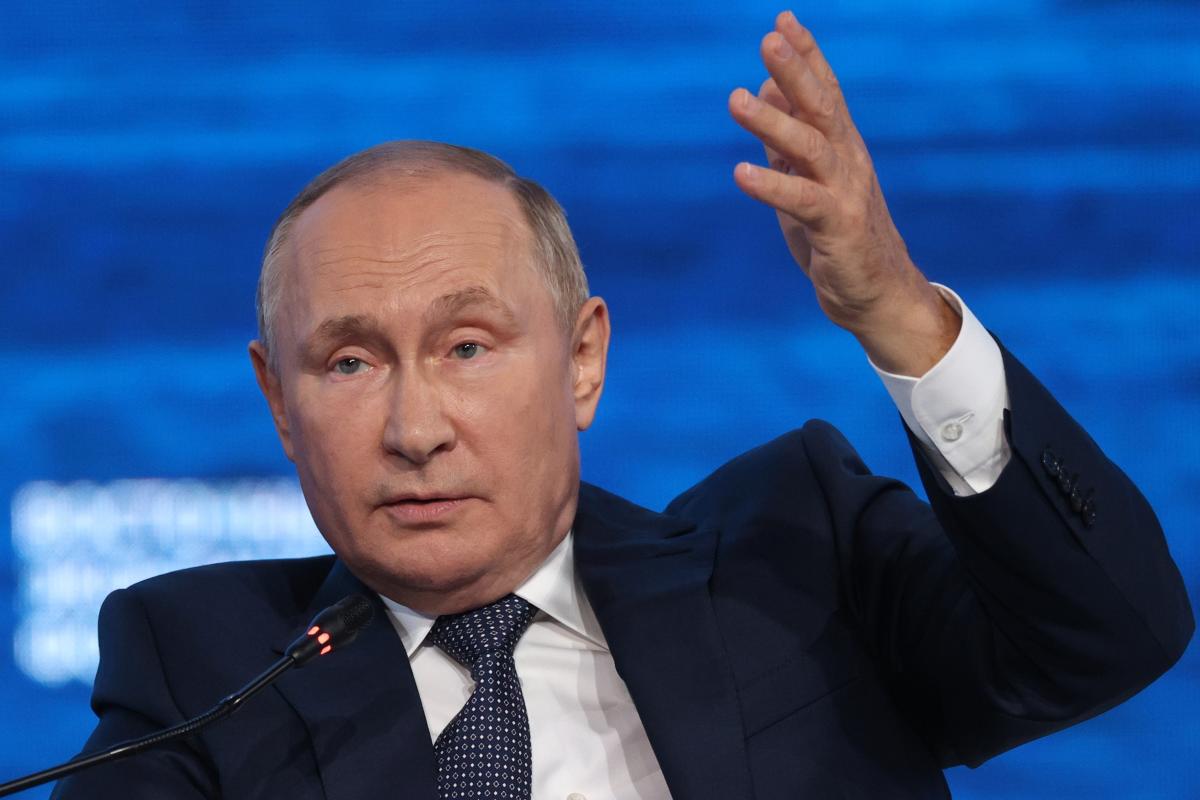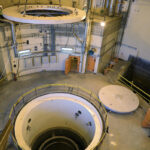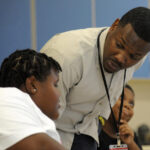Ukraine’s rout of Russian forces this weekend is creating a new kind of political challenge for President Vladimir Putin: It undercuts the image of competence and might that he has worked for two decades to build.
On Sunday, the Russian military continued to retreat from positions in northeastern Ukraine that it had occupied for months. State television news reports referred to the retreat as a carefully planned “regrouping operation,” praising the heroism and professionalism of Russian troops.
But the upbeat message did little to dampen the anger among supporters of the war over the retreat and the Kremlin’s handling of it. And it hardly obscured the bind that Putin now finds himself in, presiding over a six-month war against an increasingly energized enemy and a Russian populace that does not appear to be prepared for the sacrifices that could come with an escalating conflict.
Sign up for The Morning newsletter from the New York Times
“Strength is the only source of Putin’s legitimacy,” Abbas Gallyamov, a former speechwriter for Putin who is now a political consultant living in Israel, said in a phone interview. “And in a situation in which it turns out that he has no strength, his legitimacy will start dropping toward zero.”
As Ukraine pressed its advantage Sunday, seizing towns and territory, Putin escalated the brutality of his campaign, a concession to the pro-war voices on Russian television and social media. Missile strikes on infrastructure across eastern and central Ukraine plunged parts of the country into darkness.
But it was unclear how far Russia — with its cyber, chemical and nuclear arsenals — might be willing to go to halt Ukraine’s momentum, even as the scale of the battlefield setback became clearer and more evidence emerged of disarray inside Russia’s ruling class.
Ramzan Kadyrov, the strongman leader of the Chechnya region in southern Russia that has sent thousands of its own troops to Ukraine, accused the Russian military of making “mistakes” and failing to explain the retreat to the public. Sergei Mironov, the leader of a pro-Putin party in Parliament, criticized the authorities for celebrating Moscow’s annual City Day this weekend, posting on Twitter: “It cannot be and it should not be that our guys are dying today, and we are pretending that nothing is happening!”
“Because of some mistakes unknown to us, control over political processes is being lost,” a pro-Kremlin analyst who often appears on state television, Sergei Markov, said on social media. “I guarantee you that this confusion will not last long. But right now, it’s a mess.”
The fundamental problem, analysts said, is that Putin’s penchant for misleading his own people is catching up to him. The reality of the Russian setback is poking holes in the Kremlin’s message that the Russian army is undefeatable, Ukraine is riddled with corruption and cowardice and Putin is a brilliant geopolitical strategist. It was just last Wednesday that Putin declared that Russia had “not lost anything” as a result of the war, an assertion at odds with Western estimates of tens of thousands of Russian casualties.
For now, the war’s supporters have mainly directed their anger over this weekend’s setbacks at Moscow bureaucrats or at the military leadership. But an early indication that the frustration could damage Putin’s own prestige came on the Telegram social network after Moscow went ahead with a grand fireworks display Saturday evening to mark the 875th anniversary of the city’s founding — a slap in the face to the Russian military, some said, on perhaps the most humiliating day for Russia since the invasion began Feb. 24.
“We won’t support this government in the 2024 elections,” the administrators of a pro-war Telegram account with more than 400,000 followers said, referring to Russia’s next presidential election. “It’s been a long time coming, but this is the last drop.“
The discontent was evident even in Moscow, a city that the authorities have worked to shield from the costs of war.
As Moscow residents celebrated the city’s birthday this weekend with concerts and block parties, Vladislav, a taxi driver who moved to a city near Moscow from the Krasnoyarsk region in Siberia, looked upon all of the celebratory flags and stages with a bit of scorn. He said his 34-year-old cousin had been killed two weeks ago near Donetsk in Ukraine’s Donbas region, after having been conscripted into the pro-Russian forces.
“Here, people are drinking late through the night,” he complained Sunday morning after a weekend of revelry in the city. “No one cares about what is happening on the front.”
Tatiana Stanovaya, a Russian political analyst, said the Kremlin’s decision to play down the intensity and scale of the war in Ukraine had created parallel worlds: the reality of Europe’s biggest land war in generations on the one hand, and the business-as-usual atmosphere in Moscow. on the other.
The strategy to describe the war as a “special military operation” that need not affect most Russians’ daily lives relied on the expectation that Russia would quickly win it, she said. But with setback after setback, the fact that things are not going according to plan is becoming increasingly difficult to hide.
“The Kremlin, in principle, based its entire policy on the idea that there can be no defeats,” she said. “They didn’t prepare for the fact that there could be a collision with this second parallel world.”
There were signs Sunday evening that the Kremlin was responding to the criticism that it was not being honest with the public about the extent of the recent setbacks. On the main weekly news show on state television, the presenter Dmitri Kiselyov described the last week as “probably one of the most difficult” since the start of the war.
“Under the onslaught of superior enemy forces, the allied forces were forced to leave the previously liberated settlements,” Kiselyov said, referring to Russia’s “alliance” with Kremlin-backed separatists in eastern Ukraine.
It was a rare acknowledgment on the airwaves of what pro-Russian military bloggers have been warning about for weeks. With the Kremlin appearing determined to avoid a nationwide draft to increase the ranks of its army, Russia’s forces are outnumbered by the Ukrainians in many parts of the front line.
There were also signs that the Kremlin could be trying to escalate its military campaign, as supporters of the war have long said it should. A Russian strike knocked out power and water Sunday evening to much of the northeastern city of Kharkiv, the city’s mayor said, referring to the attack as an act of “revenge.”
“It seems it’s time to get rough,” the host Vladimir Solovyov said on his state television talk show earlier Sunday, complaining that Russia had not done enough to break Ukraine’s military and fuel supply lines. “It’s just time to get rough.”
How badly this weekend’s battlefield setbacks hurt Putin politically will depend most of all, of course, on his ability to reverse them, while continuing to shelter Russians from the consequences of Western sanctions. This week, Putin is expected to meet with President Xi Jinping of China at a regional summit in Uzbekistan, seeking to expand a critical relationship for Russia as it pursues economic partners outside the West.
Gallyamov, the former speechwriter, said the struggles in Ukraine could lead the elites around the Russian president to push for a successor to be appointed.
“If they continue to destroy the Russian army as actively as they are now,” Gallyamov said of Ukraine’s forces, “then all this can accelerate even faster.”
© 2022 The New York Times Company




